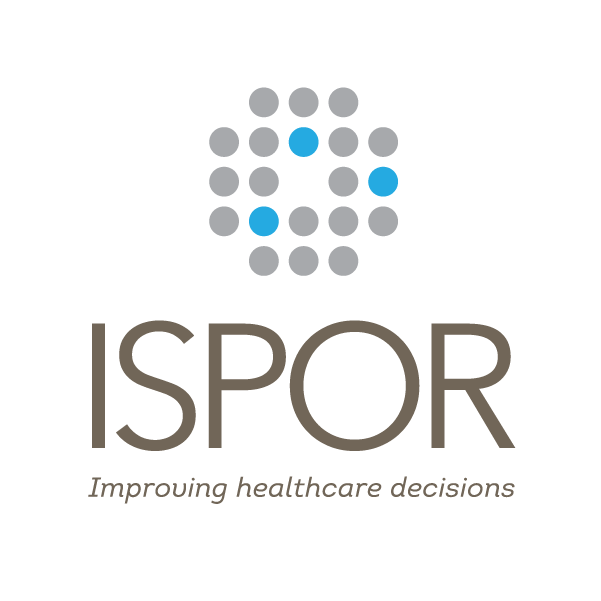Newswise — Barcelona, Spain—14 November 2018—ISPOR, the professional society for health economics and outcomes research, held a session this afternoon at ISPOR Europe 2018, “Addressing Challenges to Open Science: Data Sharing, Replication, and Robustness of Evidence From Real-World Data” [IP27].
Real-world data analyses that use nonrandomized administrative and clinical healthcare databases are increasingly utilized as a tool for healthcare decision makers. When these analyses are done correctly, they can offer key insights for policy makers, regulators, and clinicians. However, real-world studies can lack quality control mechanisms that provide transparency and this has contributed to a lack of confidence in healthcare database analyses.
In this session, panelists discussed the challenges, implications, and potential approaches to improve research credibility when using real-world data. Speakers included:
- Moderator: Sebastian Schneeweiss, MD, ScD, Harvard Medical School, Boston, MA, USA
- Amr Makady, PharmD, PhD, The National Healthcare Institute, Diemen, Netherlands
- Shirley V. Wang, PhD, Harvard Medical School, Boston, MA, USA
- Anna Garcia-Altes, MSc, MPH, PhD, Catalan Agency for Health Technology Assessment and Research, Barcelona, Spain
Dr Schneeweiss provided an overview of issues related to transparency and reproducibility of real-world evidence. Dr Makady shared European Union (EU) stakeholder perspectives on acceptability of evidence from real-world data in decision making. He also outlined the challenges in acquiring access to data for evaluation of selected case studies for the Innovative Medicines Initiative GetReal, a public-private partnership in the EU. Dr Wang discussed preliminary results from a large scale replication effort—the Reproducible Evidence: Practices to Enhance and Achieve Transparency (REPEAT Initiative)—involving a random sample of published studies, as well as planned evaluation of the robustness of evidence to alternative design and implementation parameters. Dr Garcia-Altes provided insight into how these issues relate to regional health technology assessment experiences using real-world evidence for reimbursement and coverage decisions.
ISPOR is recognized globally as the leading professional society in HEOR and its role in improving healthcare decisions. ISPOR Europe 2018 is the leading HEOR conference in Europe and draws more than 5000 healthcare stakeholders, including researchers and academicians, assessors and regulators, payers and policy makers, the life sciences industry, and patient engagement organizations.
Additional information on ISPOR Europe 2018 can be found here. Released presentations from the conference can be found here. Interested parties can follow news and developments from the conference on social media using the hashtag #ISPORBarcelona.
###
ABOUT ISPOR
ISPOR, the professional society for health economics and outcomes research (HEOR), is an international, multistakeholder, nonprofit dedicated to advancing HEOR excellence to improve decision making for health globally. The Society is the leading source for scientific conferences, peer-reviewed and MEDLINE®-indexed publications, good practices guidance, education, collaboration, and tools/resources in the field.
Web: www.ispor.org | LinkedIn: http://bit.ly/ISPOR-LIn | Twitter: www.twitter.com/ISPORorg (@ISPORorg) | YouTube: www.youtube.com/user/ISPORorg/videos | Facebook: www.facebook.com/ISPORorg | Instagram: www.instagram.com/ISPORorg
